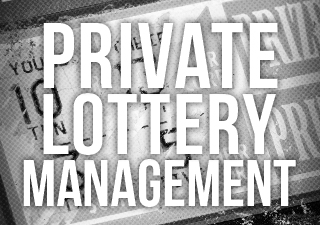Media

Union Lobbying Holds Back Lottery Performance
Illinois’s decision to terminate its lottery private management agreement with Northstar is being misinterpreted as proof that Pennsylvania dodged a bullet by failing to approve a private lottery management agreement. The truth is, Pennsylvania’s contract better protected taxpayers and those served by lottery programs.
Pennsylvania’s negotiated contract required Camelot, the management company, to pay penalties if they did not meet guaranteed revenues. In fact, Camelot placed $200 million in a reserve fund to cover shortfalls.
Illinois’s experiment was not without benefits. Even though Northstar did not meet yearly revenue goals, the state’s taxpayers are still better off. Illinois’ lottery grew faster under private management, an estimated 12 percent per year compared to 3 percent a year prior to their contract.
In contrast, Pennsylvania’s Lottery sales have increased by only 5.8 percent per year, and net revenue has grown by only 4.2 percent per year over the past 3 years. In other words, Illinois’ “failure” has resulted in sales growth twice as high as Pennsylvania’s “succesful” lottery program.
At the same time, Indiana’s lottery private management arrangement is succeeding. Contractor GTECH missed this years revenue goal by $1.6 million, but under the 15-year contract it must pay the difference to the state. That’s a win for taxpayers and those served by lottery programs.
Overall, GTECH’s management of the lottery brought in total revenue of more than $1 billion in fiscal year 2014, up 9 percent from the previous record two years ago. GTECH’s work will allow the lottery to provide nearly $250.7 million in surplus revenue to the state for the 12-month period that ended in June.
In the end, the greatest advantage of these partnerships is accountability. Illinois terminated its agreement with Northstar because the company did not meet its performance goals.
But as noted, Illinois and Indiana’s private lottery manager outperformed Pennsylvania! Unfortunately, thanks to an intense lobbying effort from the American Federation of State, County and Municipal Employees (AFSCME), funded by union dues, Pennsylvania taxpayers and senior citizens won’t be able to enjoy the benefits of improved management.